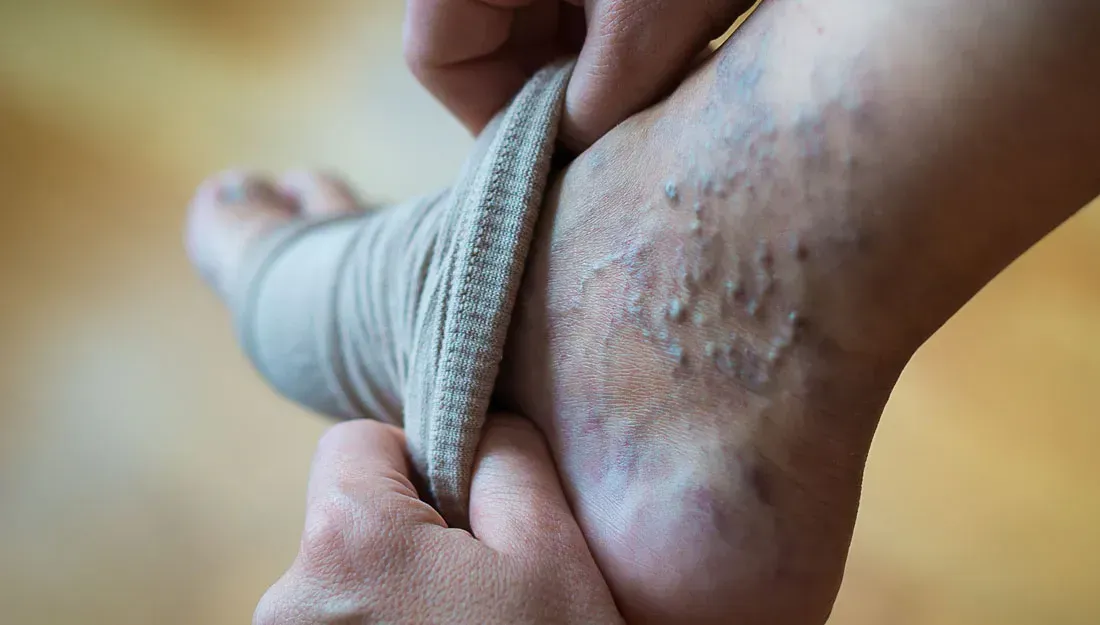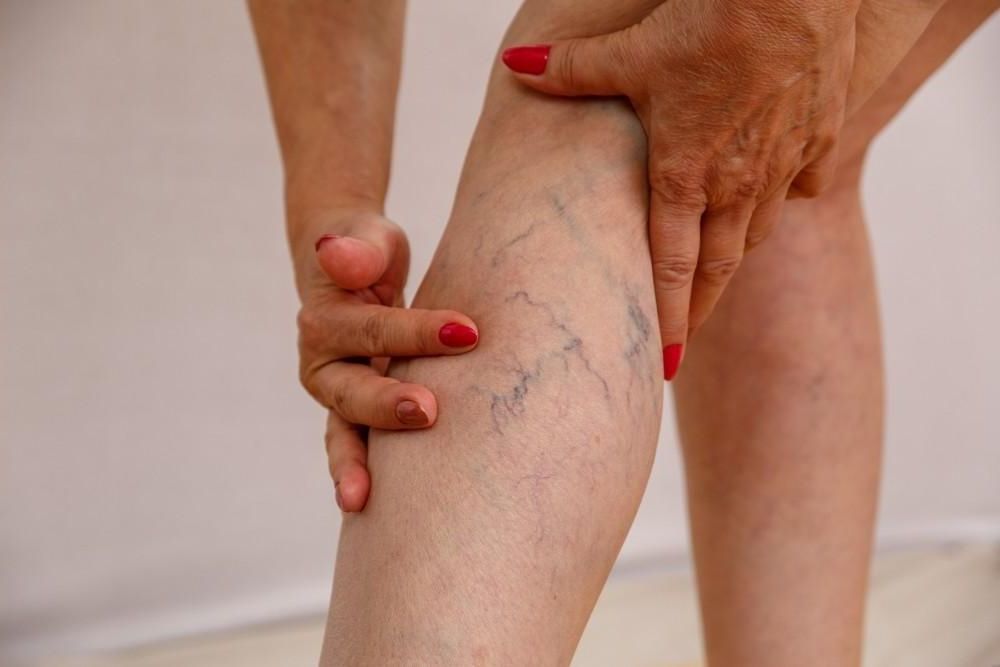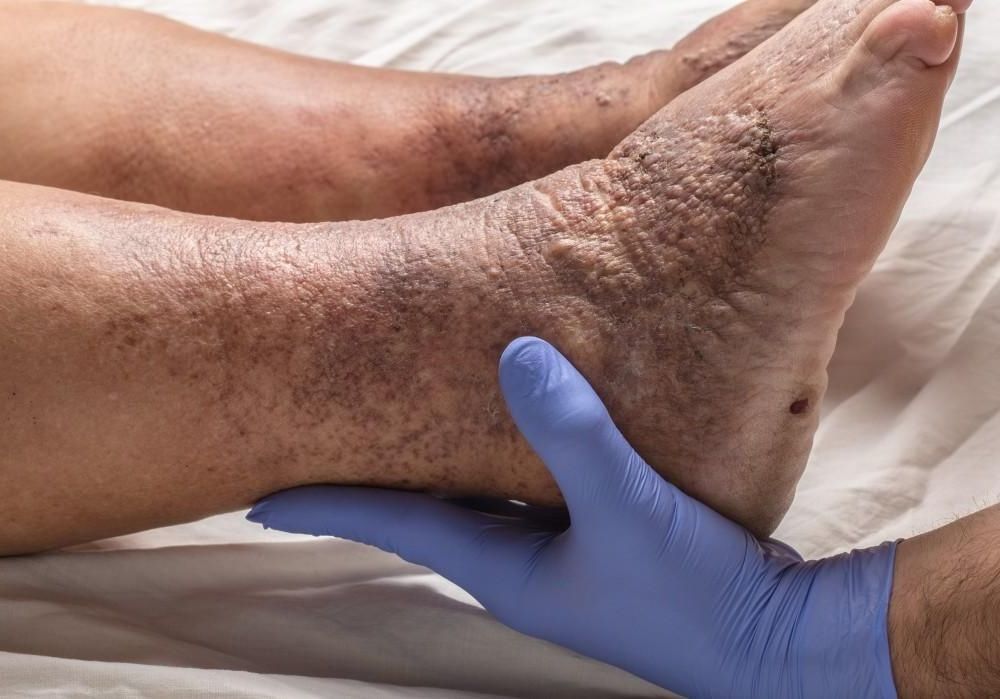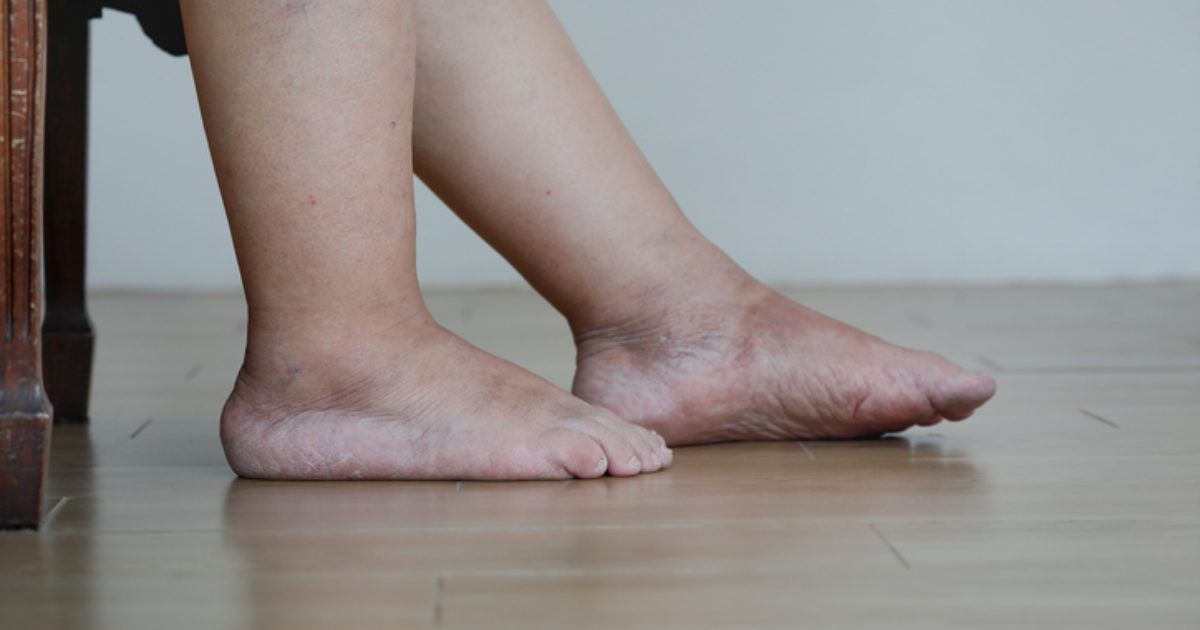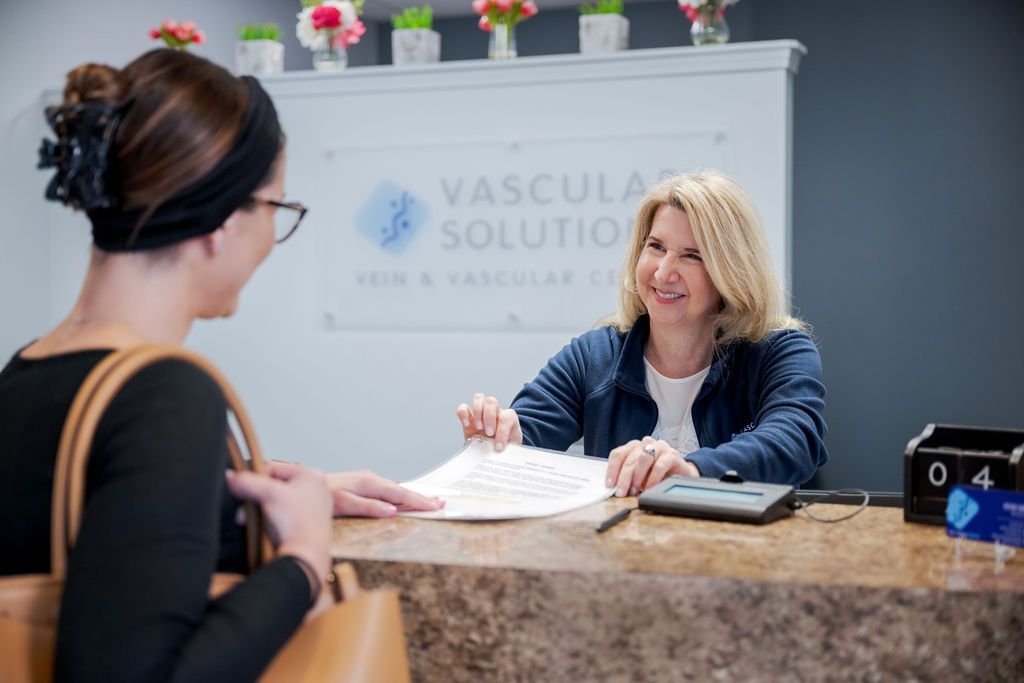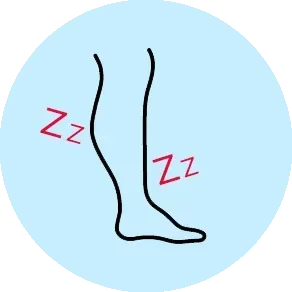LEG SWELLING (EDEMA)
LEG SWELLING: A SIGN TO TAKE SERIOUSLY
When your legs swell, it's your body trying to tell you something important. As The Leg Vein Experts, we know that leg swelling (edema) often signals an underlying vein condition that requires medical attention. At Vascular Solutions, our board-certified specialists provide thorough evaluations and advanced treatments to address both your symptoms and their root cause.

UNDERSTANDING LEG SWELLING
QUESTIONS & ANSWERS
WHAT CAUSES LEG SWELLING?
CAUSES OF LEG SWELLING
While temporary swelling can occur from standing or sitting too long, persistent leg swelling often indicates an underlying health condition. Common causes include:
- Venous disease (most common)
- Heart conditions
- Kidney or liver issues
- Lymphedema
- Infections
Expert Insight: Leg swelling is frequently the first and sometimes the only sign of vein disease. Early evaluation can prevent progression to more serious conditions.
WHAT VEIN CONDITIONS ARE ASSOCIATED WITH LEG SWELLING?
Chronic Venous Insufficiency
When leg vein valves malfunction, blood can flow backward and pool in your legs. This condition can cause swelling, aching, and fatigue - even before visible signs like varicose veins appear.
Varicose Veins
Beyond their visible appearance, varicose veins often cause:
- Leg swelling and pain
- Evening fatigue
- Skin changes around ankles
- Persistent aching
- Itching or burning sensations
Deep Vein Thrombosis (DVT)
This serious condition occurs when blood clots form in deep leg veins. Watch for:
- Sudden leg swelling
- Localized pain or tenderness
- Skin warmth or redness
HOW IS LEG SWELLING TREATED?
Our comprehensive treatment options include:
- VenaSeal® - Advanced Adhesive Treatment: A revolutionary approach using medical-grade adhesive to instantly seal affected veins. This painless procedure requires minimal recovery time, allowing you to return to your daily activities immediately.
- Radiofrequency Ablation - Precision Heat Therapy (Venclose, ClosureFast): This minimally invasive procedure uses controlled radiofrequency energy to seal problematic veins. Blood naturally redirects to healthy veins, reducing pressure and improving circulation. Most patients experience significant symptom relief within weeks.
- Varithena® - Specialized Foam Treatment: This versatile solution uses an advanced microfoam to treat veins of various sizes and locations. The foam adapts to your vein structure, effectively treating even complex vein patterns and providing comprehensive results.
- Phlebectomy - Precise Vein Removal: Using tiny, cosmetically-placed openings, this technique allows for direct removal of visible varicose veins through a minimally invasive approach.
- Sclerotherapy Medical - Precision Vein Treatment: This proven treatment uses specialized medications precisely injected to target and close unwanted veins. The carefully selected solution works with your body's natural processes to effectively treat spider veins and small varicose veins, gradually fading them from view while improving overall vein health.
CONSERVATIVE MEASURES (where appropriate):
- Leg Elevation
- Medical Grade Compression Hose
- Velcro Compression Wrap
- Non-Pneumatic Compression Device
- Vein Formula (Supplement)

TAKE ACTION TODAY
Don't let leg swelling impact your daily life. Schedule your consultation with Charlotte's trusted leg vein experts to discover the best treatment path for you.



